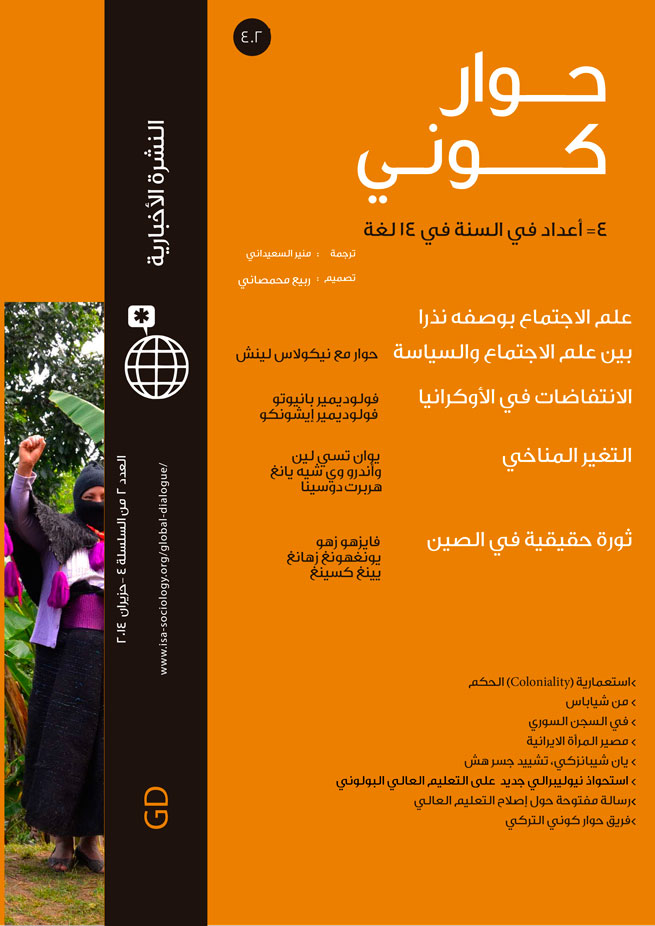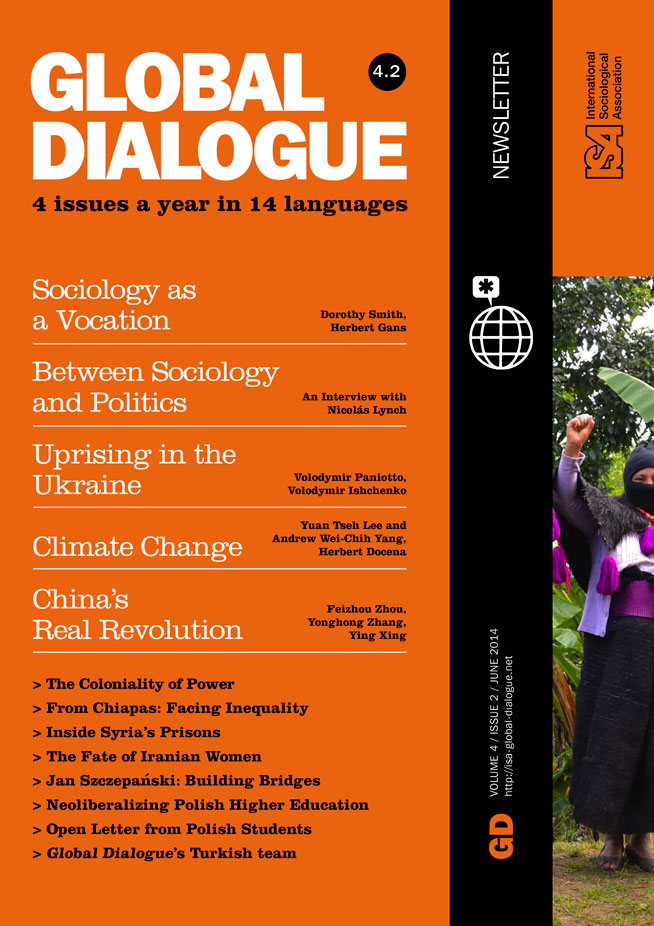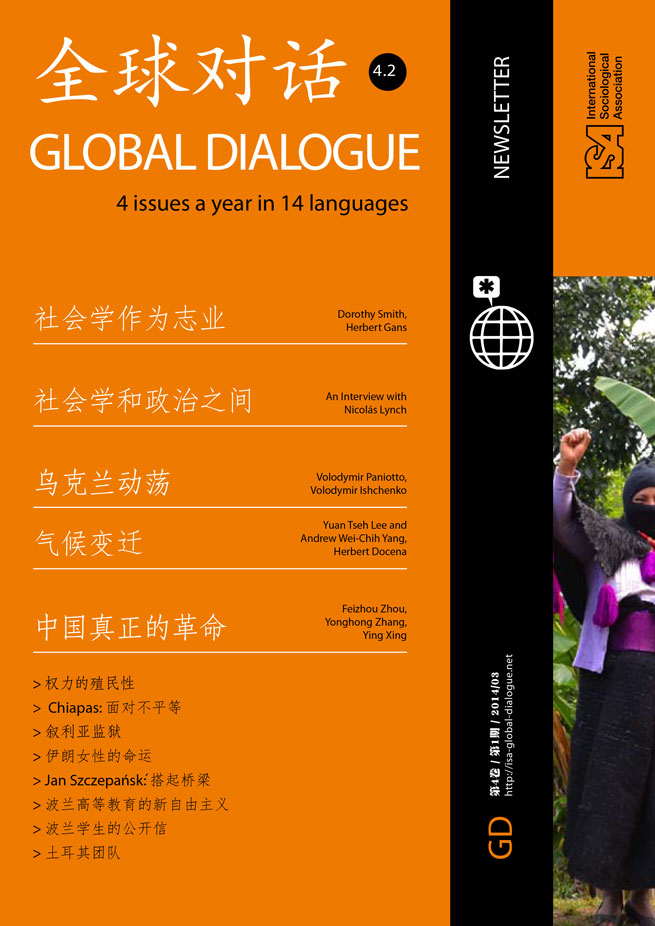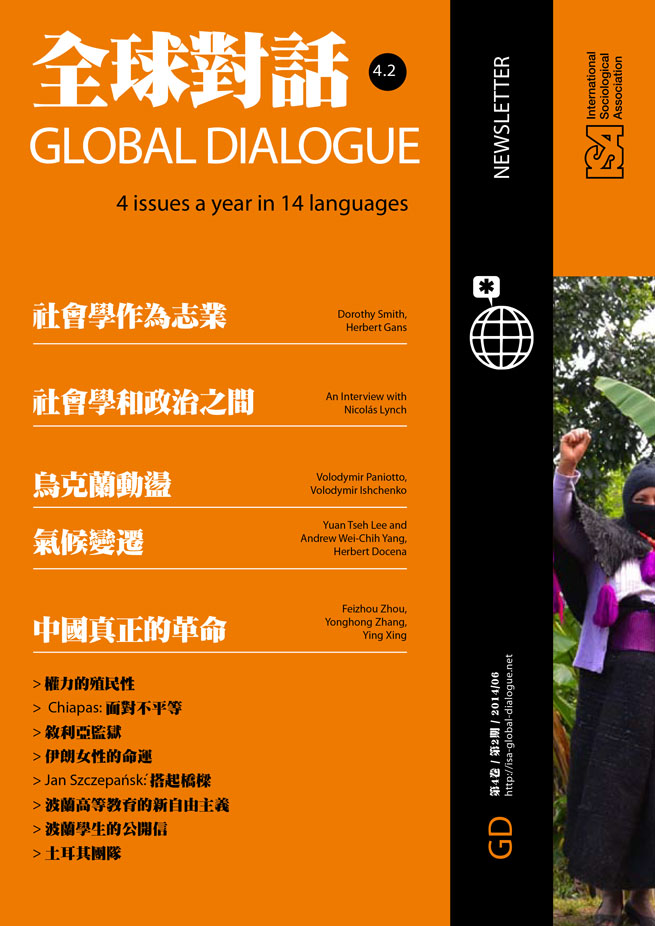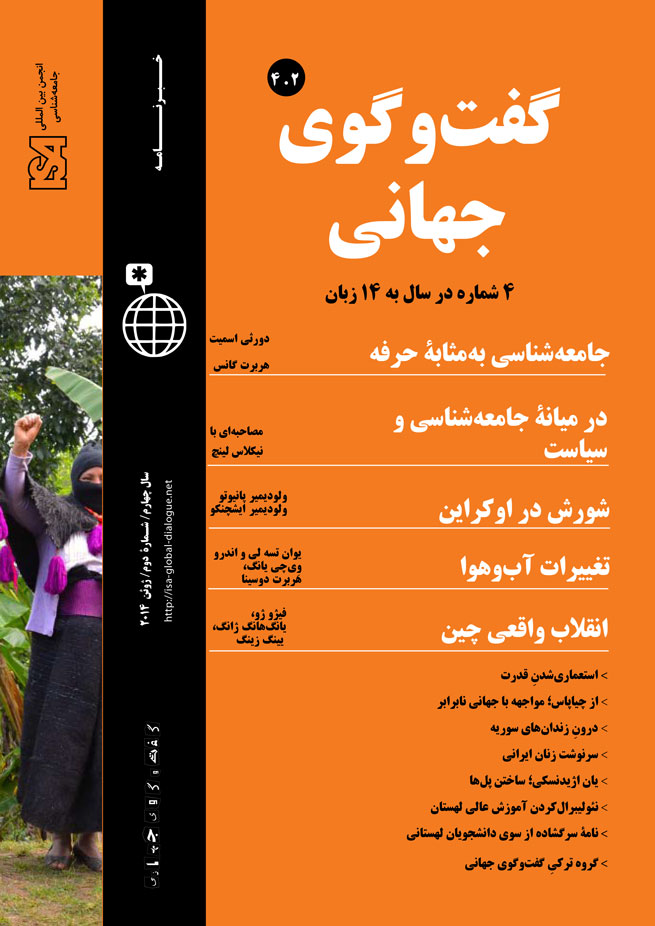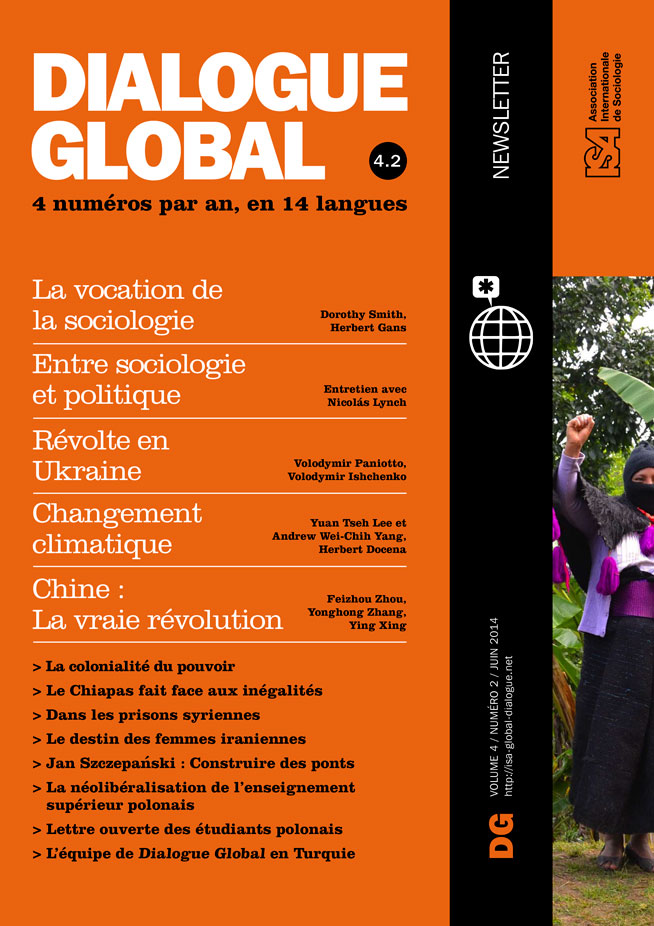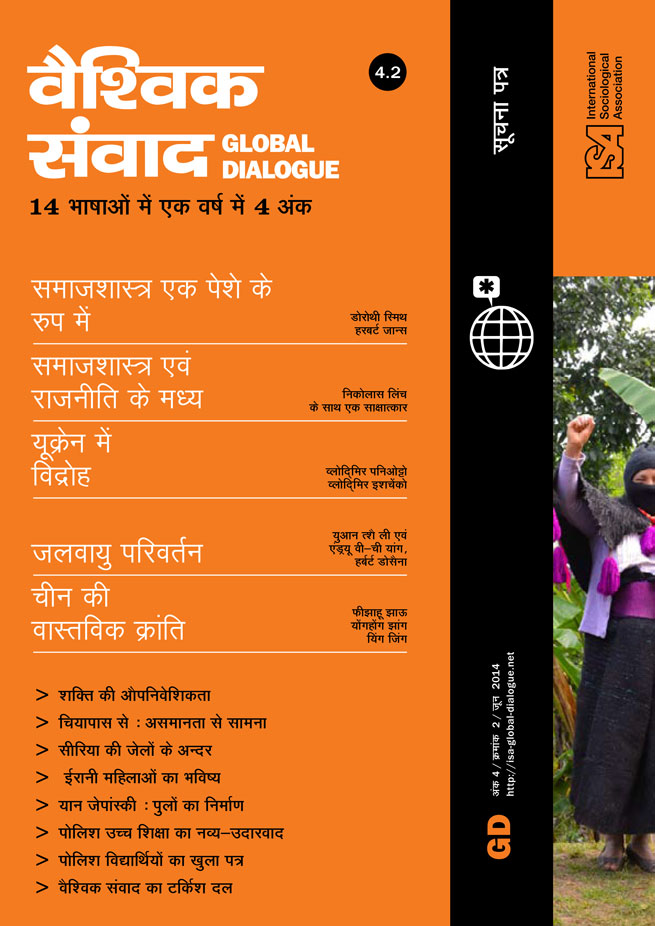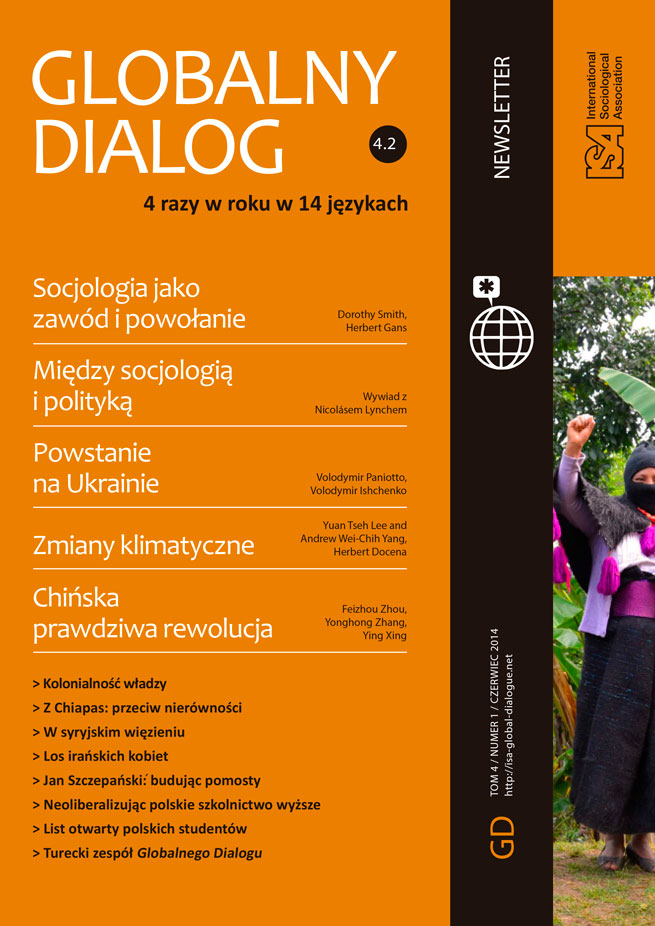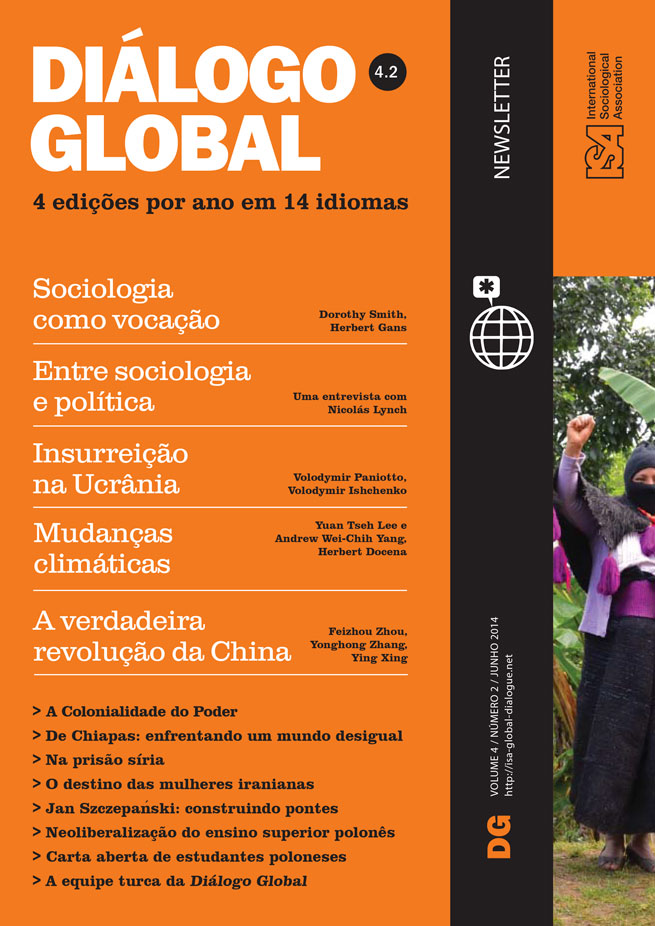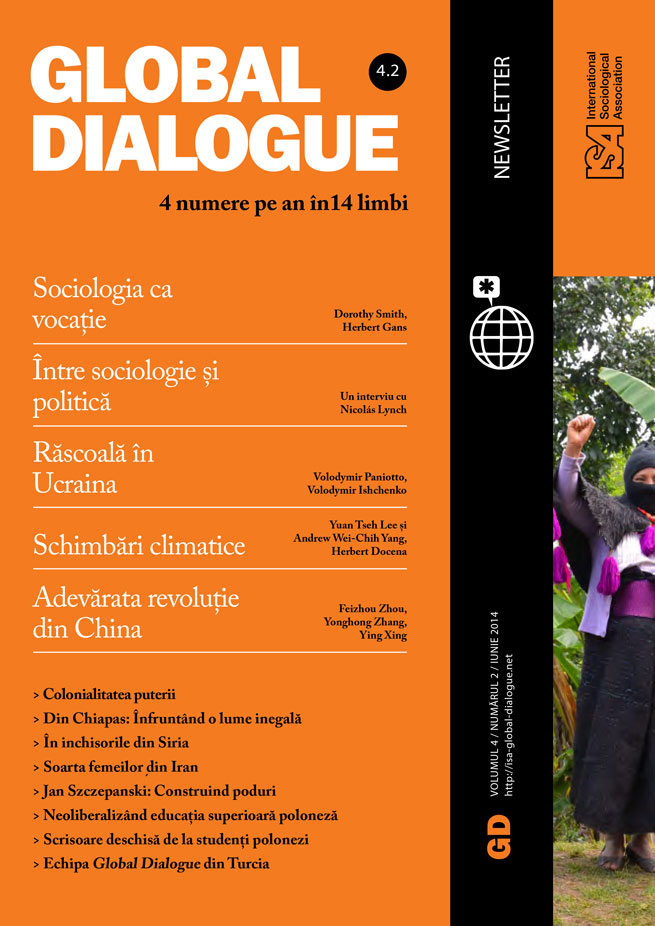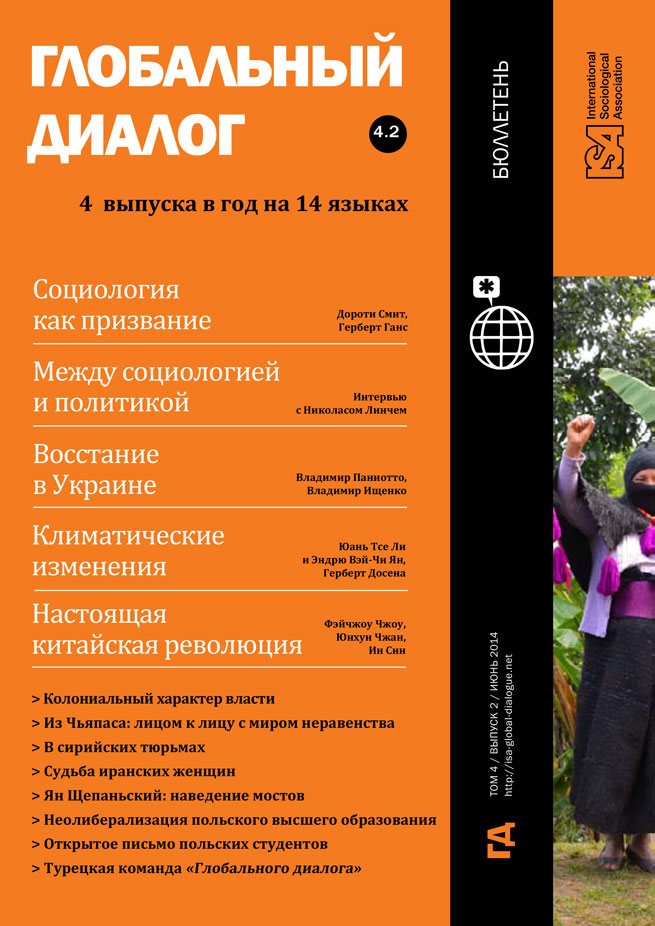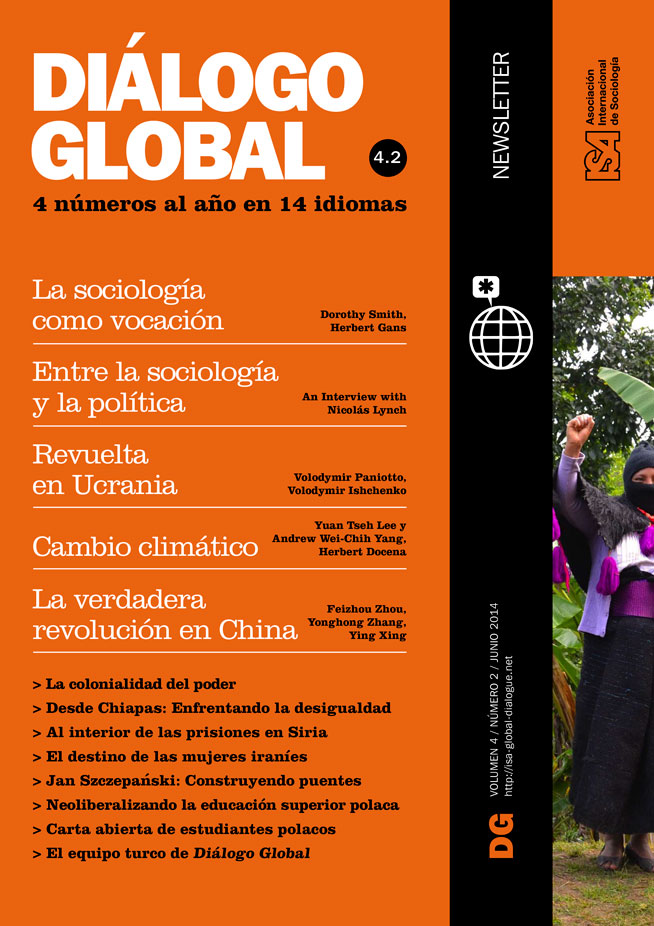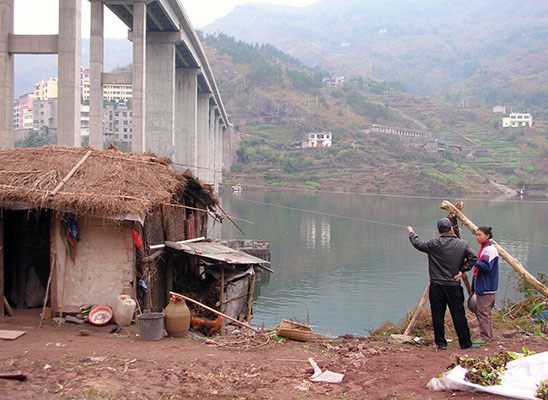Read more about Change and Resistance in China
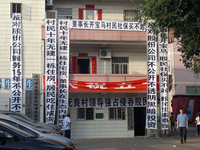
Land Grabs and Corruption
by Yonghong Zhang
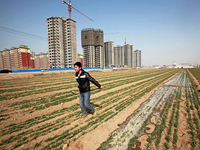
Drama and Devastation in Chinese Urbanization
by Feizhou Zhou
May 16, 2014
In contemporary Chinese society, when conflict arises between officials and ordinary people, there are four major ways for people to seek remedy – class action, group petition, on-the-spot resistance, and collective riot, the combination of group petition and on-the-spot resistance being the most common. I will analyze the legal remedy pursued by those displaced by China’s Three Gorges dam in the first class-action lawsuit known as the “Case of He Kechang.”
846,200 people were resettled in the Three Gorges reservoir area, of which 361,500 were from rural areas. There has been a group petition of peasant farmers from YunYang County, Chongqing Municipality since 1997. The petition of Mr. He Kechang, the representative claimant, has gone through four stages.
From the Petition of Ten Thousand People to the Commencement of a Group Petition: October 1997 to March 2000. In July 1997, the county government of YunYang began an experimental project on the displaced population. When the local government announced the low levels of compensation, it aroused much disturbance among the displaced. The peasant farmers of the area decided to send letters directly to the central government.
The petition signed by 10,000 people led senior officials and cadres from Chongqing and the central government to send a joint working group to YunYang County. However, they concluded their investigation by denying there was “insufficient compensation for the displaced,” it was just a misunderstanding of the representatives of the displaced population who were also faulted for bypassing the head of the local leadership. He Kechang and the other representatives were so dissatisfied with this outcome that, from 1998 to 2000, they wrote several letters to Beijing, paid two petition visits to Beijing and many to Chongqing, but none of them were answered.
Group Petition and the Escalation of Local Mobilization: March 2000 to March 2001. In May 1999, the State Council decided to change the Three Gorges resettlement policy so that peasant farmers would no longer be settled locally but in faraway places, which aroused another wave of opposition from the displaced population of Yun Yang. Led by He Kechang the displaced population combined a number of strategies: face-to-face confrontation and argument with local functionaries; improving organization; acquainting themselves with policies and disseminating information about resettlement; increasing the intensity of petitions both through letters and visits to Beijing; and communication with foreign media.
Adversity of Imprisonment: March 2001 to March 2004. In March 2001, He Kechang and two other representatives made another trip to petition Beijing. Chongqing local government arrested the three representatives in Beijing. Later on, the People’s Court of YunYang County declared the Resettlement Investigation Organization was challenging the government resettlement plan, and sentenced He Kechang to three years in prison and the other two representatives to two years in prison for “assembling to disturb the peace.” This was the first time Three Gorges petitioners were sentenced to imprisonment, and the fate of YunYang peasant farmers became an international concern.
An Endless Battle: March 2004 to Now. On 11 March 2004, He Kechang was released after serving his sentence. Although he underwent intense physical torture in prison with his legs broken and hands deformed, and his property confiscated in August 2002, still his fighting spirit remained. After his release, he refused to collaborate with the local government, and persisted in collecting information on the displaced population. He had entered an endless battle.
What we see in the case of He Kechang is a certain pragmatism in the choice of protest strategy, shifting between judicial and non-judicial remedies and even using them simultaneously. From the point of view of the displaced population, the division between rule-of-law and rule-of-man is of little importance. What is important is the practicality of the strategy in achieving a specific dispute resolution. They appeal to the courts not because they believe in legal justice, and they petition not because they believe in the integrity of senior officials. They adopt both lawsuit and petition as expedient approaches in the same way that those in power adopt each as expedient strategies of governance.
Ying Xing, China University of Political Science and Law, Beijing, China
This issue is not available yet in this language.
Request to be notified when the issue is available in your language.
If you prefer, you can access previous issues available in your language:
